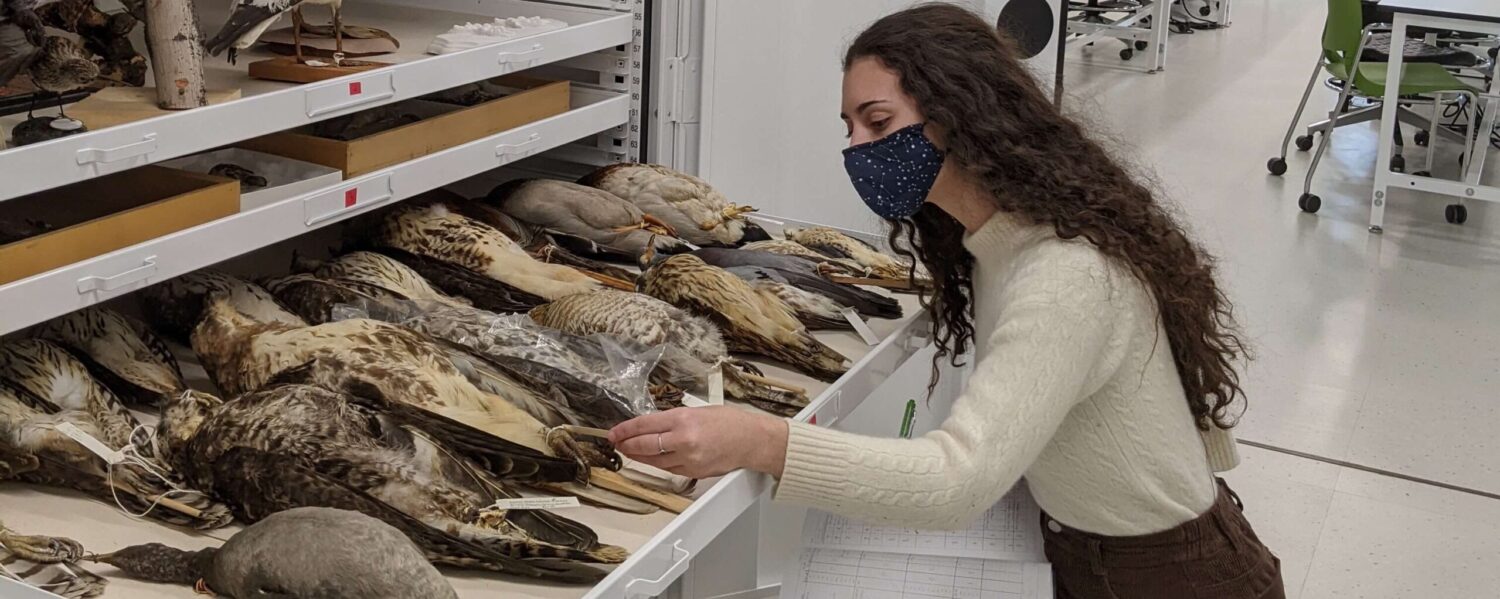Recent articles published in the journal Bioscience call attention to the importance of natural history collections (NHC) in solving problems and the need to identify strategies for bolstering the nation’s biodiversity-enabled and biodiversity-related science.
In an Editorial published in the November 2020 issue, former NSCA Executive Director Robert Gropp writes about the recognition of the importance of natural history collections, as well as living collections, and the urgent challenges they face, as chronicled in the National Academies of Sciences, Engineering, and Medicine report, Biological Collections: Ensuring Critical Research and Education for the 21st. Gropp also highlights a BioScience report by E. Sally Chang, Beyond Specimens: Research, Education, and Policy, which explores how scientists can better quantify and demonstrate the value of biological specimens to the public and to funding agencies.
In a Viewpoint, Regional Collections Are an Essential Component of Biodiversity Research Infrastructure, Dr. Anna Monfils and colleagues, including NSCA President John Bates, write about the importance of small collections: Regional collections provide the majority of access points to NHCs around the world, fill critical gaps in specimen coverage, and foster a distributed network of human expertise that has the potential to increase representation and diversity in our community.
In an article, entitled, The Open-Specimen Movement, Jocelyn Colella, a research affiliate with the University of Kansas Biodiversity Institute, and colleagues tackle the recent decline in the number of specimens being deposited in biodiversity collections. They propose that a paradigm shift from specimen ownership to specimen stewardship can be achieved through increased open-data requirements among scientific journals and institutional requirements for specimen deposition by funding and permitting agencies, and through explicit integration of specimens into existing data management plan guidelines and annual reporting.
A Washington Watch column, Building the Bioeconomy Workforce of the Future, by AIBS Public Policy Manager Jyotsna Pandey, explores the education and training dimensions of growing and strengthening the bioeconomy. The article argues that biological collections have a role to play in developing a strong bioeconomy workforce.

